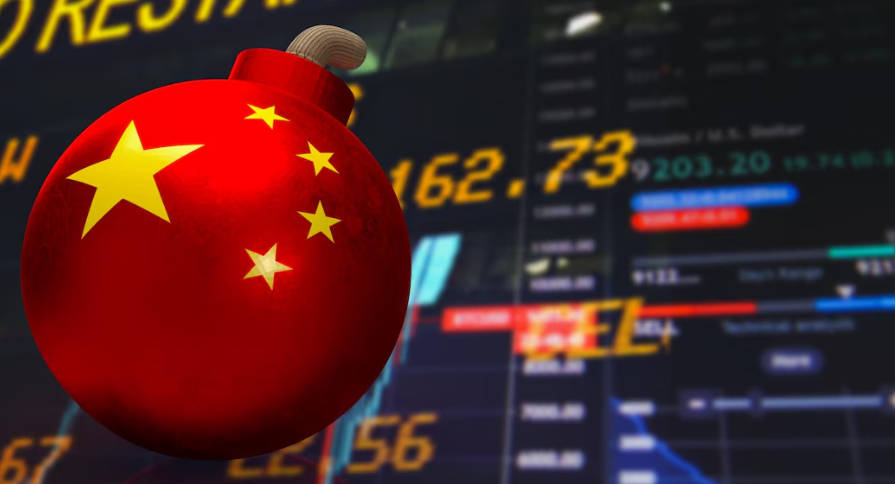


Chinese computer-driven "quant" hedge funds faced significant losses in the first half of the year, underperforming compared to traditional stock strategies within China and other popular global fund strategies, according to recent data.
This poor performance is triggering a major shake-up in the $200 billion industry, with some firms even considering exiting the market, industry sources indicate.
WHY IT MATTERS
The fast-expanding quantitative funds sector is now under regulatory scrutiny as Beijing seeks to restore confidence among retail investors. Global investors are keenly observing whether these funds can recover from the disruptions caused by February's market turmoil, known as China's "quant quake," and the subsequent stricter regulations on trading practices, including restrictions on short-selling and high-frequency trading.
NUMERICAL INSIGHTS
Quant hedge funds focusing on China's onshore A-shares experienced an average loss of 8.6% in the first half of the year, contrasting sharply with a 3.2% gain for the entire year of 2023. Funds tracking the small-cap CSI 1000 Index fared even worse, with a 14% decline. Onshore equity hedge funds, in comparison, saw a 3% loss, according to China Securities.
By June 2024, there were 30 quant hedge funds in China managing assets exceeding 10 billion yuan ($1.37 billion), down from 32 at the end of 2023, according to PaiPaiWang Investment and Management data.
BACKGROUND
Quantitative funds, which rely on computer algorithms and leverage, had performed well in previous years despite a market downturn, largely due to investments in small-cap stocks. However, these funds struggled in February when state-backed investors shifted focus to large-cap stocks.
China's securities regulator also issued warnings about the advantages of quant trading over retail investors and implemented stricter rules on such trading practices.
KEY QUOTES
"Market movements have turned against China-focused quants, driving some out of business. The recent short-selling reforms will further challenge the viability of these funds," stated Jonathan Caplis, CEO of PivotalPath.
"Although China remains a significant market, investors are now very cautious about their investment strategies there," noted Patrick Ghali, managing partner of Sussex Partners.
"The quant crisis in February acted as a stress test in an extreme environment. Funds that were less impacted and can recover quickly will set themselves apart," commented Erin Wu, head of investor relations at OP Investment Management.
Paraphrasing text from "Reuters" all rights reserved by the original author.
